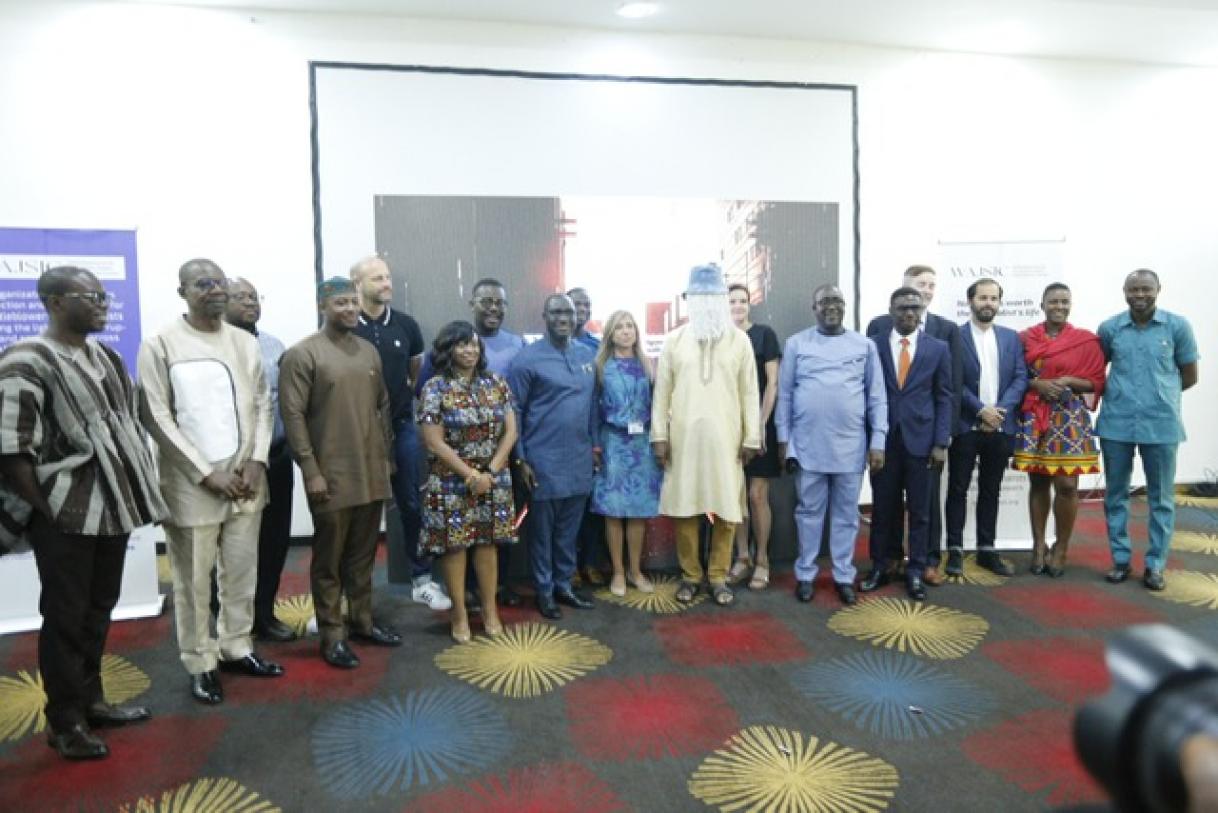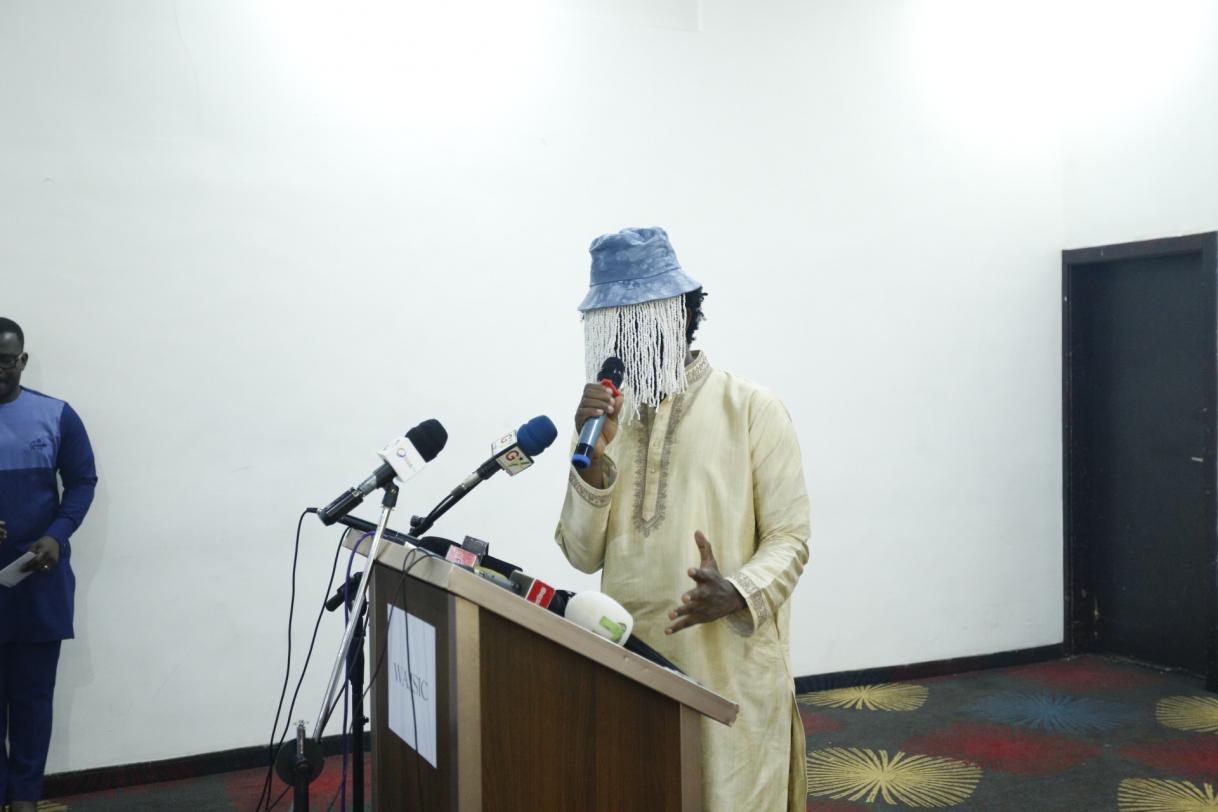Head of the Governance Section at the European Union in Ghana Anna Lixi, was at the opening of a training on best practices and cyber elements on drug trafficking investigations and prosecutions in Accra. It was organised under the framework of the EU-funded CRIMJUST Global Programme – an integral component of the EU Global Illicit Flows Programme (GIFP). The UN Resident Representative, Charles Abani was also present. @charlesabani
The EU with the GIFP program implemented by United Nations Organization on Drugs and Crime (UNODC) assist partner countries Ghana, Nigeria and Gambia in their efforts to tackle transnational organised crime. Active across four continents, the GIFP advocates for proactive law enforcement and judicial action acknowledging the rise in poly-criminality and the diversification of criminal actors along trafficking routes.
The program provides the necessary technical assistance and communication channels to facilitate cross-border post-seizure investigations and thus build stronger cases for prosecution and equip partners with the capabilities to root out complex criminal structures. In particular, the program intends to provide the knowledge and tools to carry out intelligence-led investigations targeting the backbone of criminal ecosystem, to utilise available and appropriate mechanisms to enable effective criminal justice cooperation and to prevent cyber-enabled drug trafficking as well as conduct online investigations.
The European Union have also provided funding for a three-day table-top exercise carried out by United Nations Organization on Drugs and Crime (UNODC) for all key Ghanaian Law enforcement Agencies under the National Maritime Security Committee in Accra.
The Project aims at strengthening the governance and law enforcement frameworks to improve the prosecution and adjudication of maritime crimes. Among its components were the training of maritime professionals in national security and law enforcement, maritime agencies and the staff of the regional and inter-regional maritime centres.
Participants were from the key Ghanaian law enforcement agencies under the auspices of the Ghana National Maritime Security Committee. The three-day table top exercise aimed at enhancing Ghana’s national coordination and cooperation between them to strengthen arrest, detention, hand over and evidence collection for effective prosecution of piracy and other maritime crime through the Harmonized Standard Operating Procedure (HSOP).
The table-top exercise is being conducted within the framework of the UNODC Global Maritime Crime Program (GMCP) project “Support to West Africa Integrated Maritime Security (SWAIMS)” funded by the European Union.
*
The European Union in Ghana was at the launch of the Whistle-Blowers and Journalists Safety International Centre founded in Accra by the internationally renowned, multiple award-winning, Ghanaian undercover investigative journalist Anas Aremeyaw Anas in Accra on 23 May 2022. WAJSIC caters for whistle-blowers and journalists by keeping them in safe havens while providing conditions and resources for their personal and professional wellbeing.
Present were other representatives from the Diplomatic Community. The launch highlighted the importance of providing protection and preservation for whistle-blowers and investigative journalists, who play a fundamental role to support the rule of law and the respect of democratic rule in the countries.
The organization also serves as an avenue through which their sensitive yet vital information can be channelled to the right media platforms and audiences. It has also a network of competent legal brains who look out for the interests of whistle-blowers and journalists, defending them in intimidating legal battles.
Head of the Governance Section at the EU in Ghana, Anna Lixi, shared a solidarity and support message emphasising the need to collaborate with the centre to facilitate a new programme on rule of law and fight against corruption, which includes support to investigative journalists.






